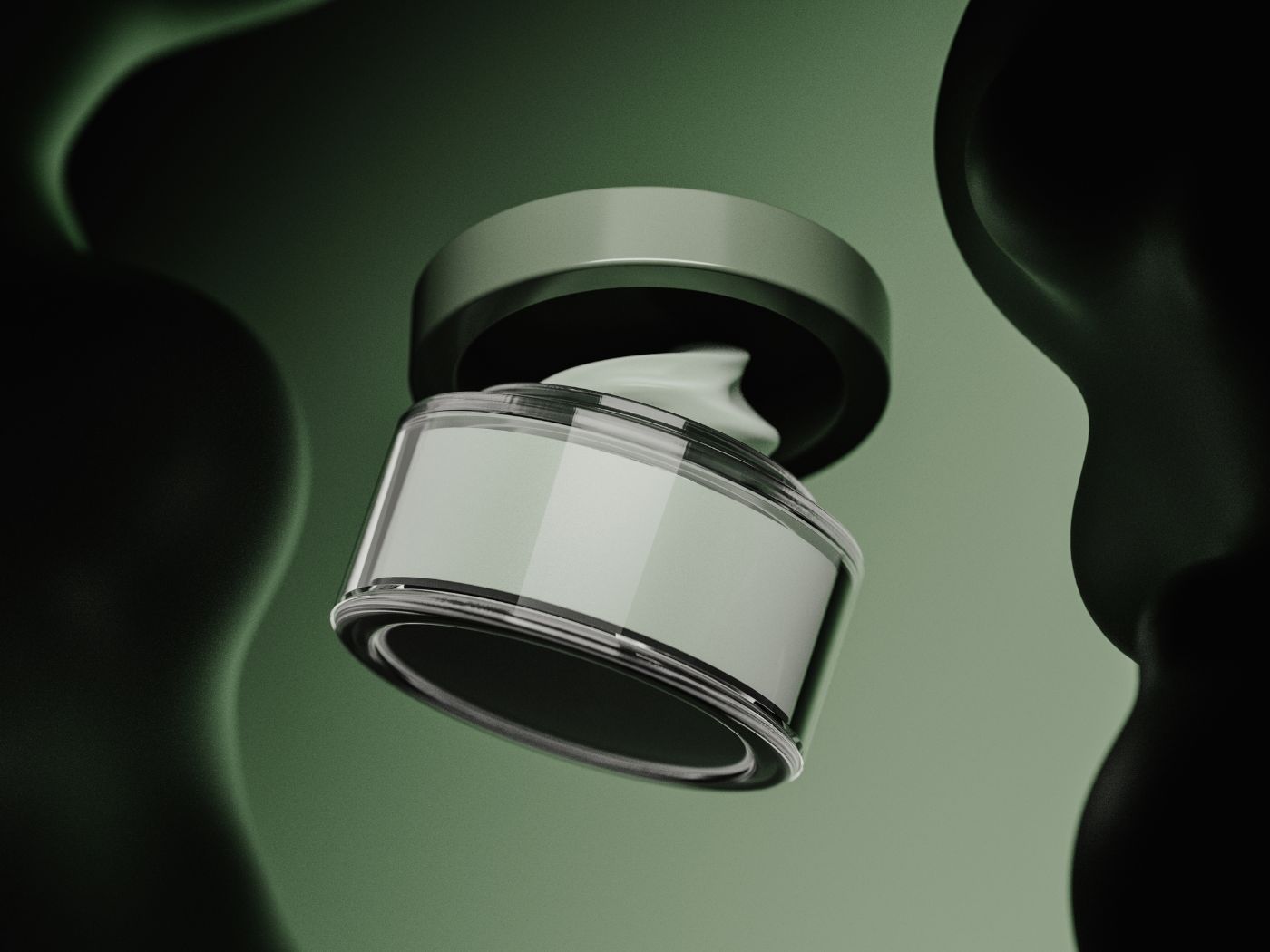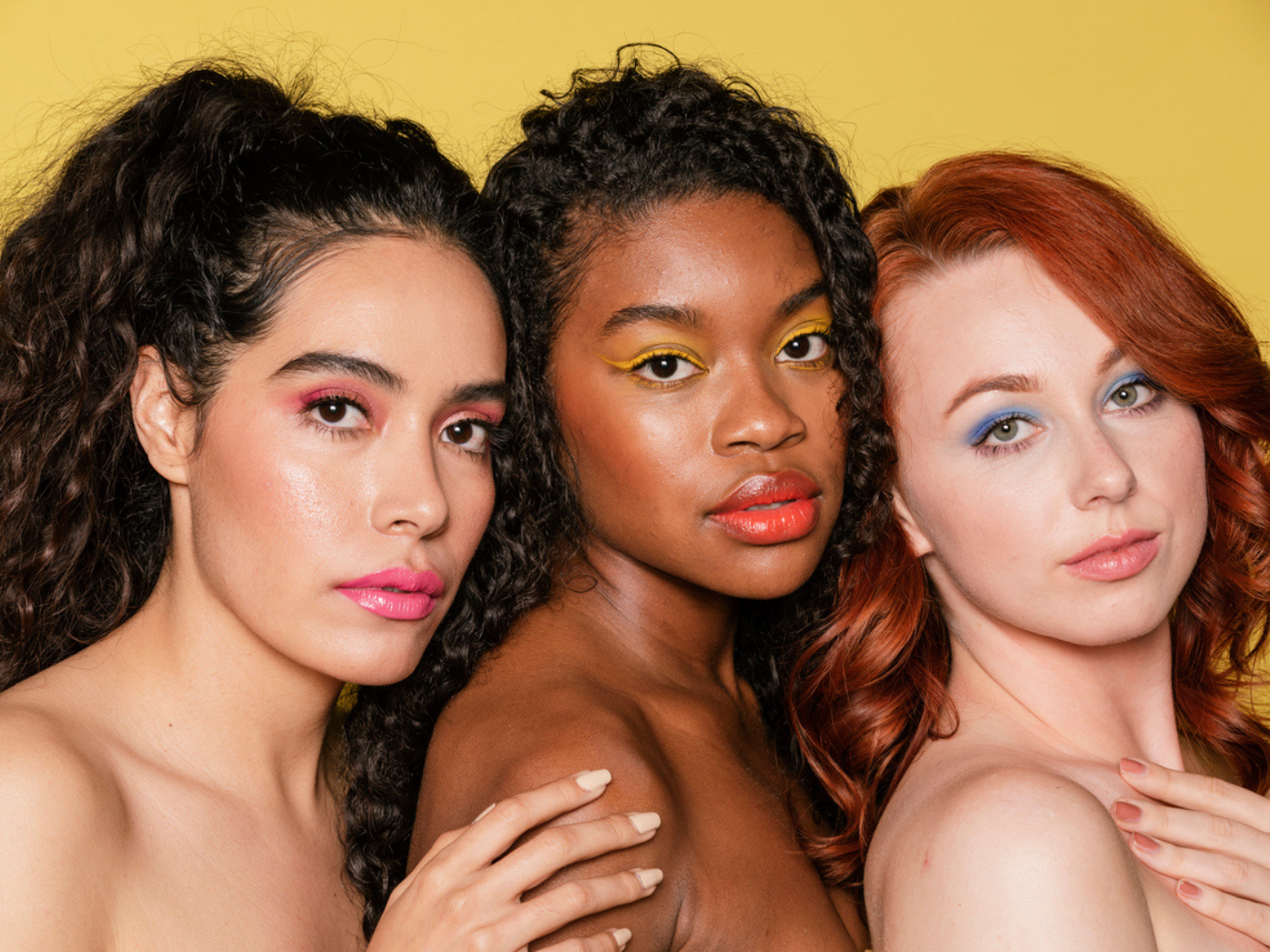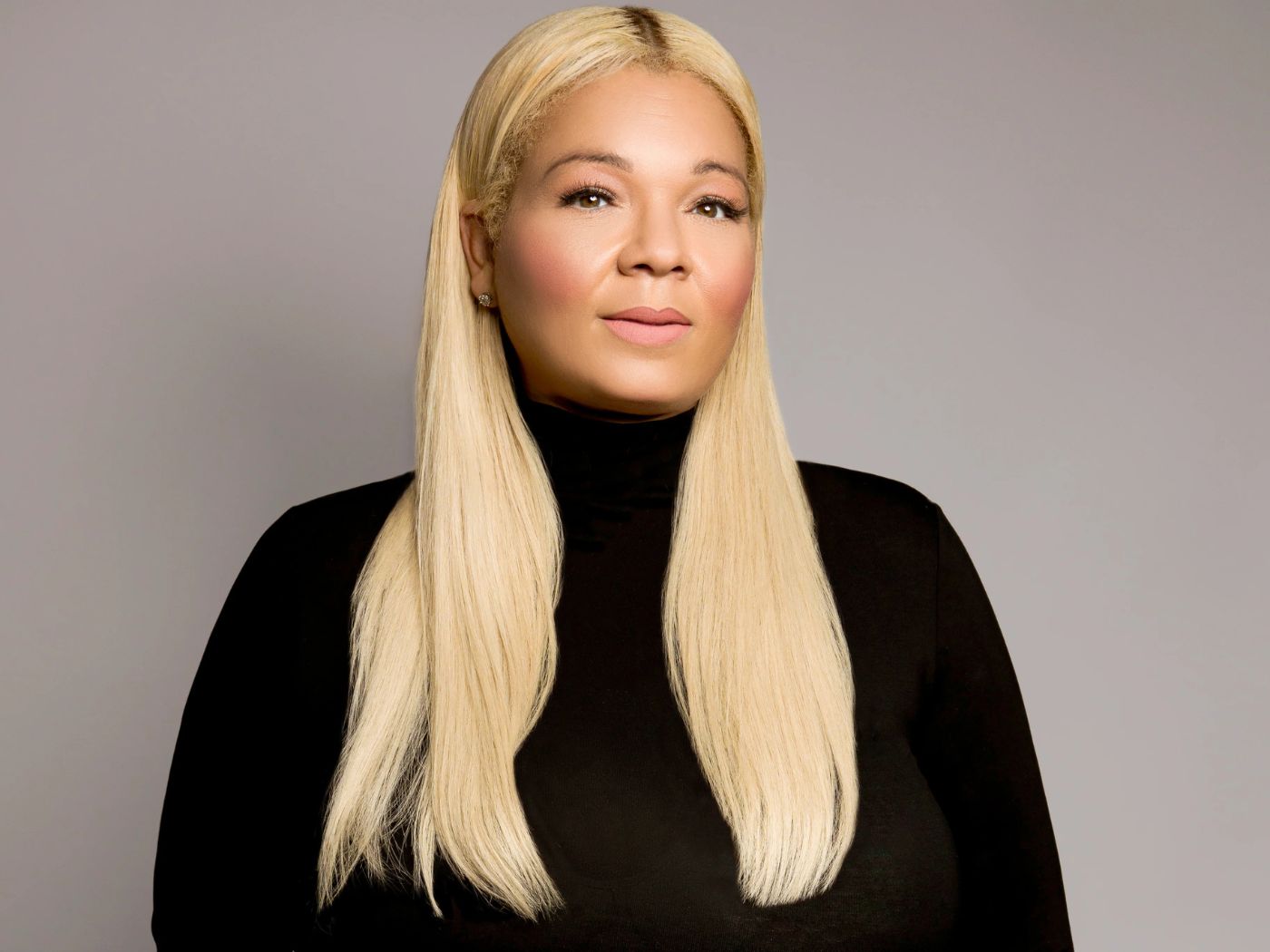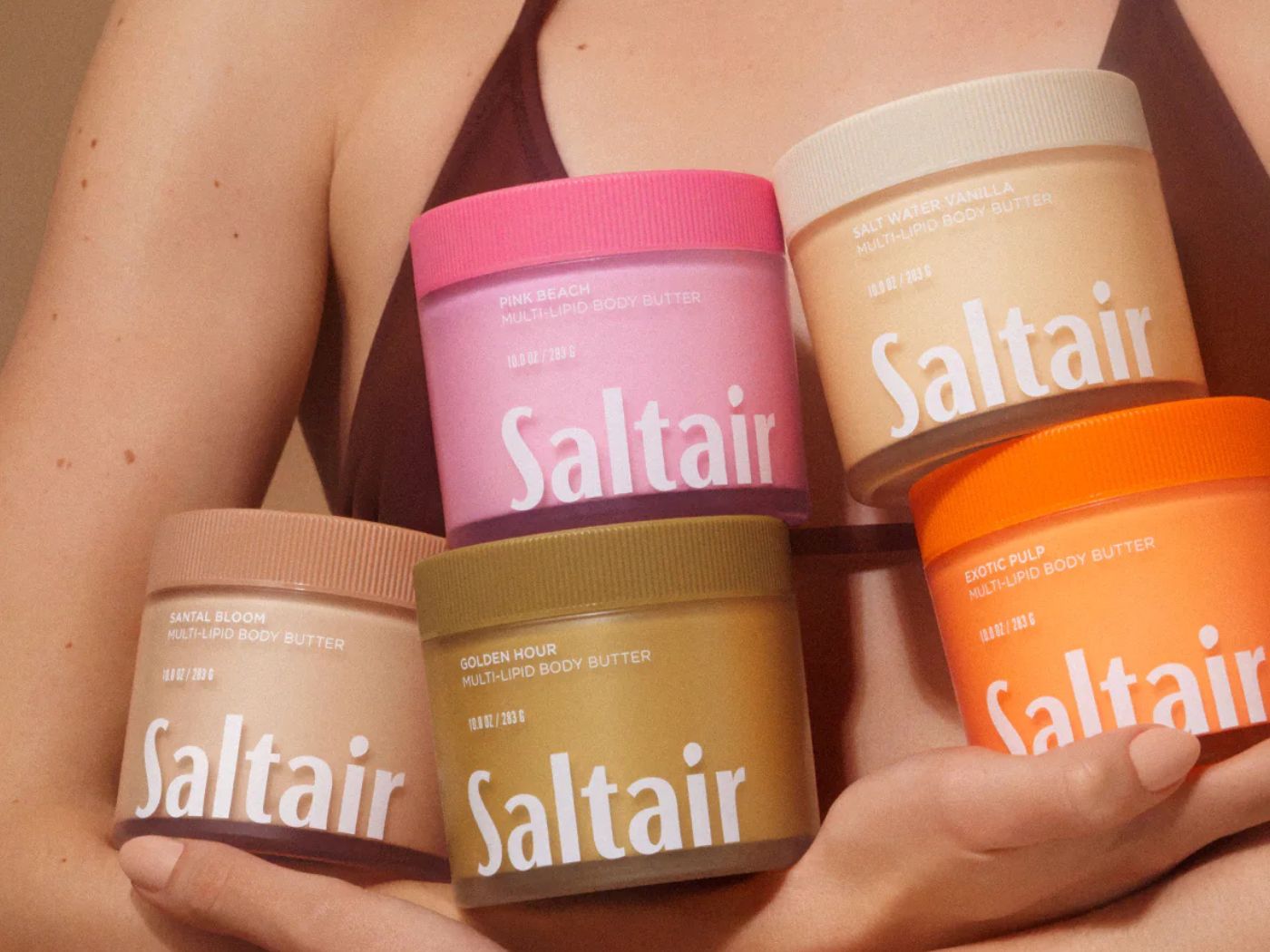The prospect of buyers lining up to offer hundreds of millions of dollars to acquire your beauty brand is a thrilling fantasy, and there are plenty of success stories out there to feed it. In the past two years, Unilever acquired pioneering molecular haircare brand K18; Australian brand Aesop was acquired from Natura & Co. by L’Oreal in a deal worth $2.5 billion; and e.l.f. Beauty bought Naturium for $355 million. But the reality is those dizzying deals typically take months (if not years) to complete, and having a red-hot brand doesn’t always mean it’s time to sell. Marko Horvat, Managing Director at Raymond James in the U.S., and Evan Merali, Managing Director at Raymond James in London, share essential advice every brand founder should heed before embarking on an M&A process.
Slow and steady can win the race.
Brands that create a lot of buzz quickly are exciting, but can they sustain that success long-term? “Sometimes it’s better to take your time and make the right decisions about building the brand in a sustainable way that ensures the longevity of the business,” says Merali. Horvat concurs: “Quality distribution matters. Performance and repeat purchase matter. What buyers are looking for is a base of business that grows every year incrementally.”
Strong, committed leadership is critical.

“There’s a common misconception that strategics don’t care about the team, and that they buy a brand and fire everyone, but nothing could be further from the truth,” says Horvat. “The reality is that a buyer is looking to support the people that run the business, not replace them. A key piece of diligence for every asset that we sell is the quality and commitment of the management team and their level of expertise and ability to continue to drive the business.”
In particular, a huge part of a brand’s success and connection with consumers comes from the passion and energy of the founder, and strategics don’t want to lose this magic post-deal. They want to feel like the founder is excited to do a deal with them and that they are committed to stay, at least for a period of time.
Prioritize profitability.
“There’s a strong focus in the market on sustainable business models that are intrinsically profitable. This means that a brand should be generating real profitability at the time of sale or, at the very least, be able to show that profitability is on the rise with strong levels of retention and repeat purchase,” says Merali. “At the end of the day, from an economic perspective, the value of a brand to a strategic comes from the cash flows that the brand is going to generate under the strategic’s ownership – so profitability is very important!”
Own your IP.
Make sure your brand actually owns the intellectual property of the products, including the formulas and packaging design. “If you have an ingredient that is proprietary and can be patented or otherwise be made exclusive, that’s great,” says Horvat, “but, at a minimum, you should own your own formulas and trademarks. The IP is the foundation of the brand and needs to be solid in order for the business to be a good acquisition target.”
Recognize when raising money is a good thing. And when it’s not.
“If you’re going to raise capital from investors, you should have a high return on investment plan to spend it, otherwise all you’re doing is diluting for no tangible benefit,” says Horvat. “Brands need to make sure that they continue to be run in an entrepreneurial way, raising only as much capital as they need in the growth phase. This leads to building a healthier business that’s operationally disciplined and efficient.”
Expect the unexpected.
“Deals are very exciting, but they can be an emotional rollercoaster for everyone involved,” says Merali. “There are often curveballs that get thrown at you that can cause a deal to take a different direction than you were expecting. Maybe it involves diligence from buyers, or something that happens in the broader macroeconomic picture, like a pandemic or a recession. There are so many variables, and everyone needs to be nimble and prepared to respond and adjust to any circumstance.”

Choose your team with care.
Going through a sale is an extremely collaborative process and everyone (lawyers, accountants, advisors) must work together toward the same goal. When you’re deciding on a financial advisor, you want to know that they have specific experience in selling beauty brands. “The beauty market is incredibly nuanced, so your advisors should know that universe well, and have the relationships and experience to leverage,” says Merali.
For a founder, it’s critical to surround yourself with advisors who understand the beauty space. “Knowing how to drive the process and get the best possible outcome is an art more than a science,” says Horvat. “The art is figuring out what makes a brand special and then telling that story to the market.”



